CHEROKEE, N.C. — It’s not exactly known how long Cherokee Indians have lived in western North Carolina, but we do know they were already settled when the first Europeans came in the 1500s.
Much of downtown Cherokee looks the exact same as it did years ago
The casino sits on the land that the Frontier Land amusement park used to occupy
The casino dollars help fund tribal members’ higher education
At this present time, around 9,000 members of the Eastern Band of Cherokees dwell in the Qualla Boundary in Cherokee, North Carolina.
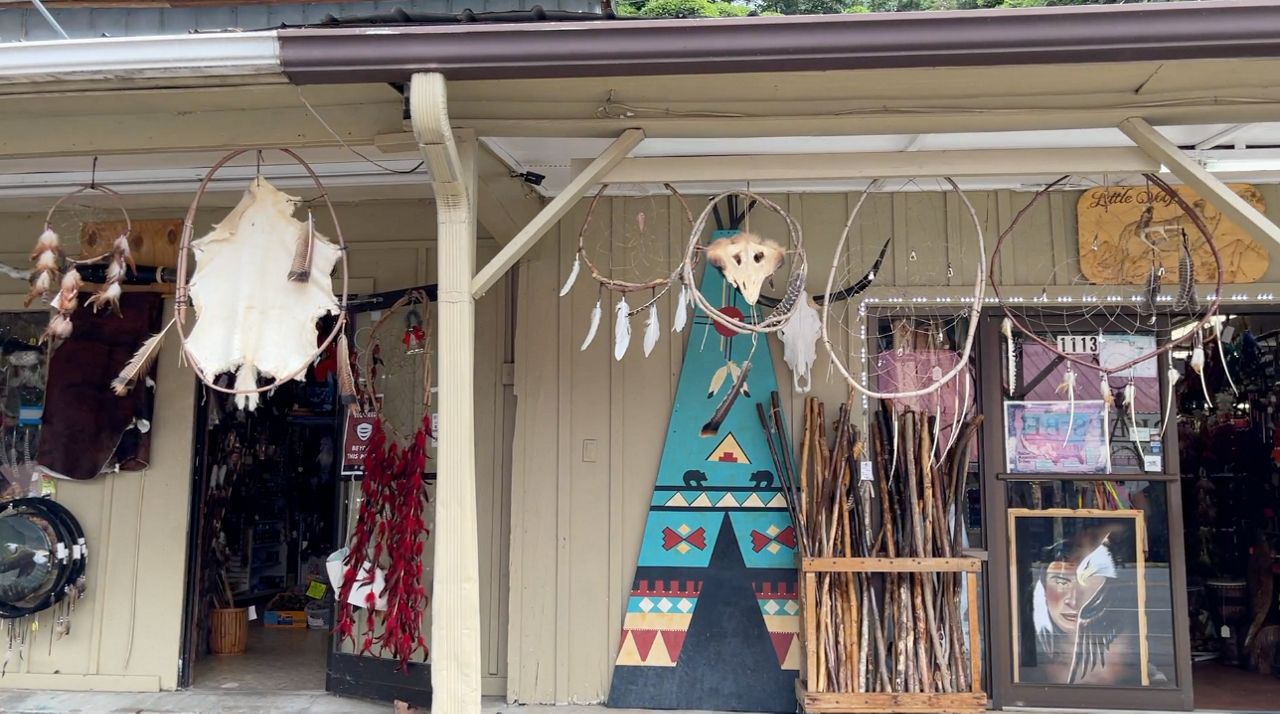
With casino dollars really changing the landscape for the tribe – and even the region – the tribe works hard to keep alive the old ways, while also navigating the new world.
Principal Chief of the Eastern Band of Cherokee Richard Sneed grew up in Cherokee. He said back then, money was tourism-driven, made by pictures taken with the world’s most photographed Indian Chief Henry.
“In today's culture in this country that would not be accepted, it would be frowned upon because it wasn't even who we were, I mean Cherokees never wore head dresses,” Sneed said.
He said it was them just catering to the plains Indians and what people expected from watching old Westerns.
The selling of crafts, basketry, trinkets and other products drew money in too. Additionally, amusement parks like Frontier Land did also.
“They did Old West gunfight shows with indians and cowboys,” Sneed said. “That was the key revenue generator back then.
But even with all this, poverty was prevalent. Cherokee became a ghost town during the off-season with only three storefronts open then. Sneed remembers those days. As a young boy, he used to work at the tribal bingo hall. When he got into government, he also noticed the struggle with money.
“The tribal government would have to shut down for two or three months because we didn’t have money to make payroll,” Sneed said.
Fast forward to now and income is still tourism-driven. Surprisingly enough, on the same grounds Frontier Land once stood sits Harrah’s Cherokee Casino.
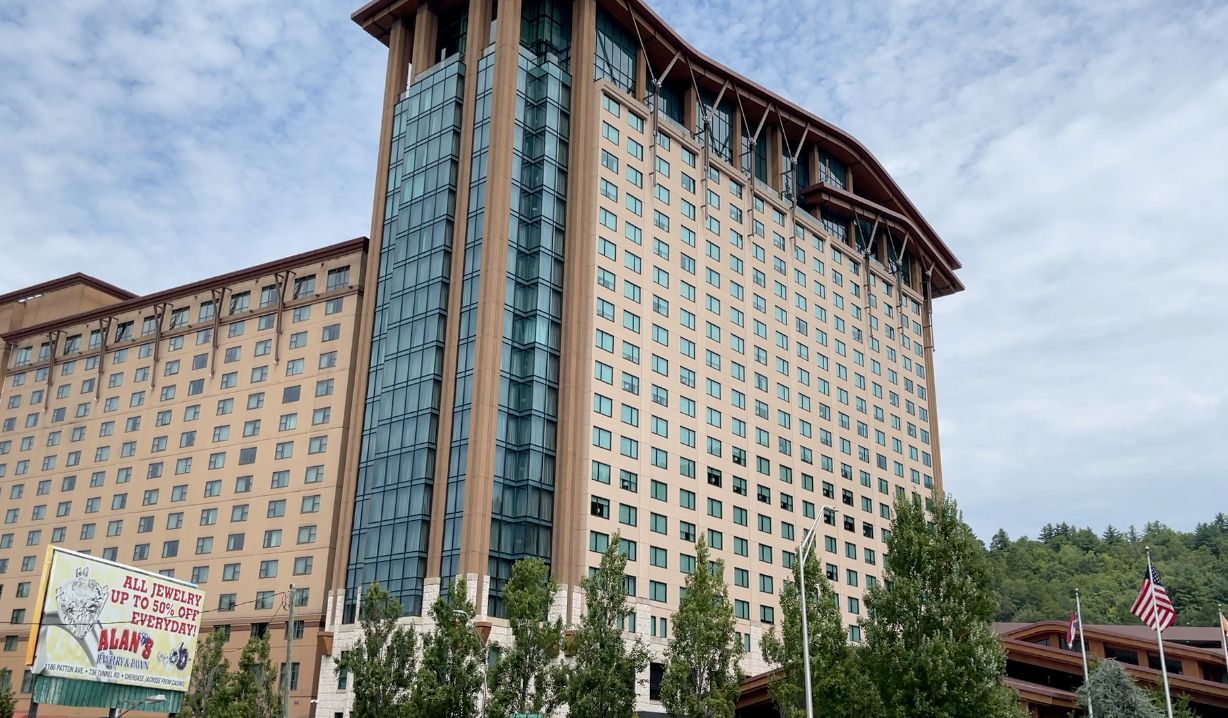
The tribe opened the casino in 1997, and in 2015, opened its second.
“By standing up our two casinos, we've literally stabilized the unemployment rate in the western part of the state,” Sneed said. “So, it's been a huge impact, not just for the tribe but also for the region."
Since its opening, the tribe’s been able to build an immersion school, hospital, public housing and much more. Even part of the casino dollars is distributed directly to tribe members aa a form of basic income.
Younger generations have been able to reap the benefits of casino revenue.
“Having grown up here to see the changes, especially with the infrastructure, how quickly and how successful the casino was done, it's been eye opening,” tribe member Joey Owle said.“Having grown up here to see the changes, especially with the infrastructure, how quickly and how successful the casino was done, it's been eye opening,” tribe member Joey Owle said.
Owle was able to graduate with his masters, debt-free because of the tribe.
“We’re so fortunate,” Owle said. “I think right now we fund 460 students."
When Owle left Cherokee for school, he thought he would never come back.
“In my mid-20s, that's when I started thinking about 'OK, the tribes invested in my education, I have this degree in a field that is not widely popularized in my community, what can I do with it,' and so, that's where I was like ‘alright, we're gonna go back,’” Owle said.
At a young age he had decided he was going to get cannabis legalized. He called it his “calling.”
When he moved back, Owle started the charge by forming an advocacy group. That was six years ago. In August, the tribe voted to legalize the cultivation and sale of medical marijuana on tribal land. It’s the first legal weed in the state.
Owle said it’s with this progressiveness they’re able to continue investing in the youth.
“I got a kid of my own now, Jo Ella, she's about to be 15 months, so it’s doing right by her, investing in her, but also in my role now is how can we ensure that all have the same opportunities that I did and others did to go to college — be debt free, to be able to come back and find employment in your community, and that's building on the foundation the legacy of generations before us,” Owle said.
Now, he serves as the secretary of agriculture.
The chief and Owle have worked together to see medicinal cannabis come to life. Sneed said it is through casino dollars and the continuation of diversifying income, like with medical marijuana, they’re able to keep alive old tribal ways.
“Once we had gaming revenue, they [tribe] were doing traditional dresses and reviving traditional songs that hadn't been heard,” Sneed said.
They were able to reacquire tribal lands that were forcibly taken from them and put resources into the language initiative.
“I think [that] was the real, the kick-starter for all of it,” Sneed said. “And just kind of a revitalization of the language, more of a focus on bringing the traditional arts into a more contemporary expression."
There were always people who kept the culture alive, Sneed said. “Families that kept the fire burning."
Sneed said the revitalization with casino dollars is what made it more widespread across the community.
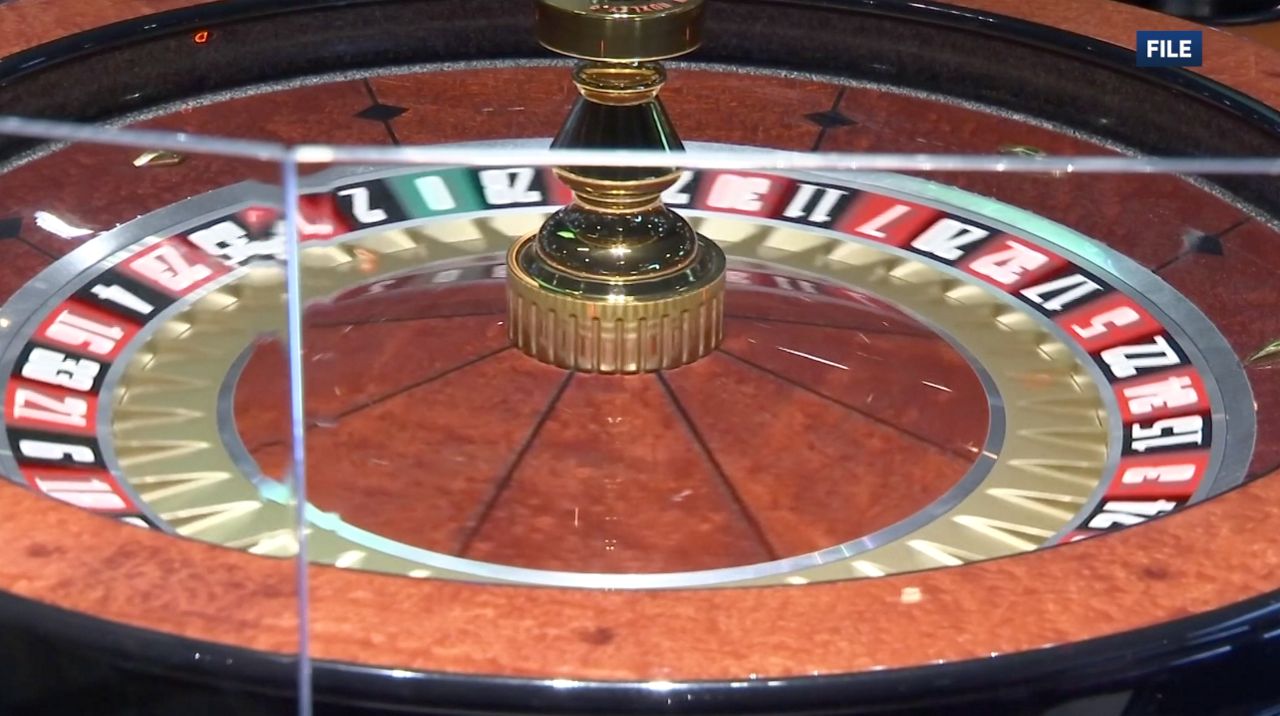







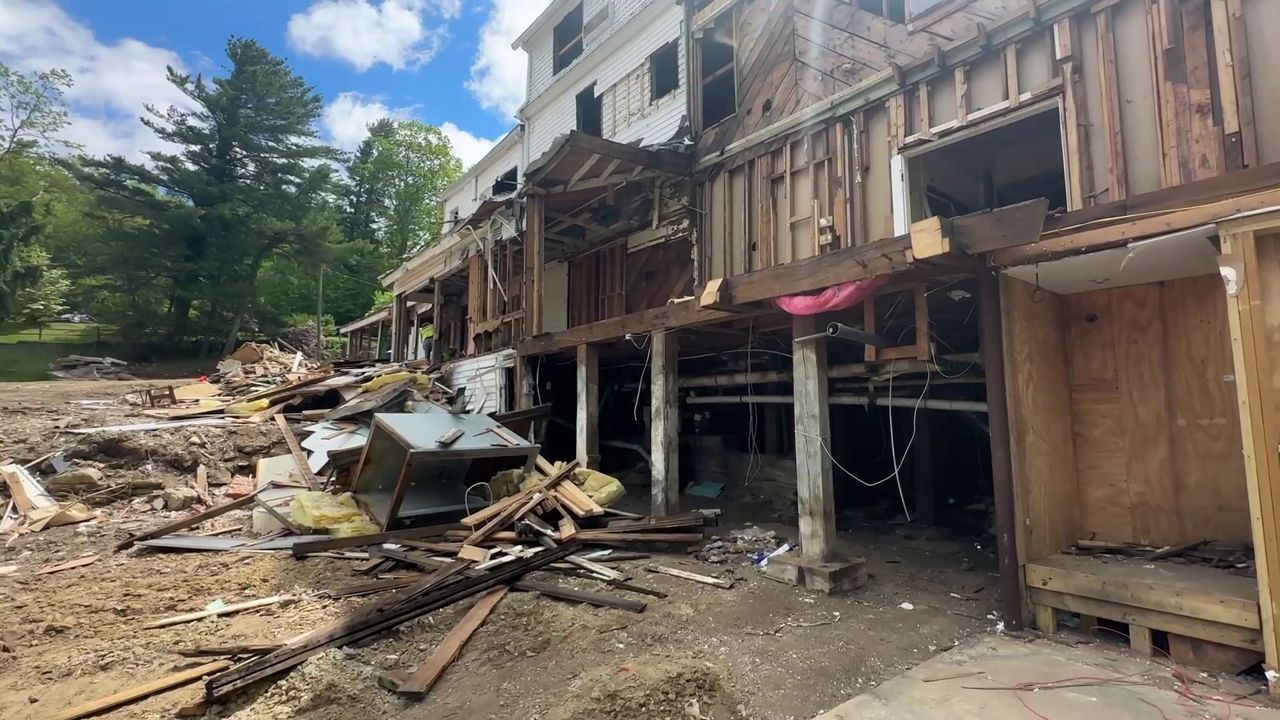
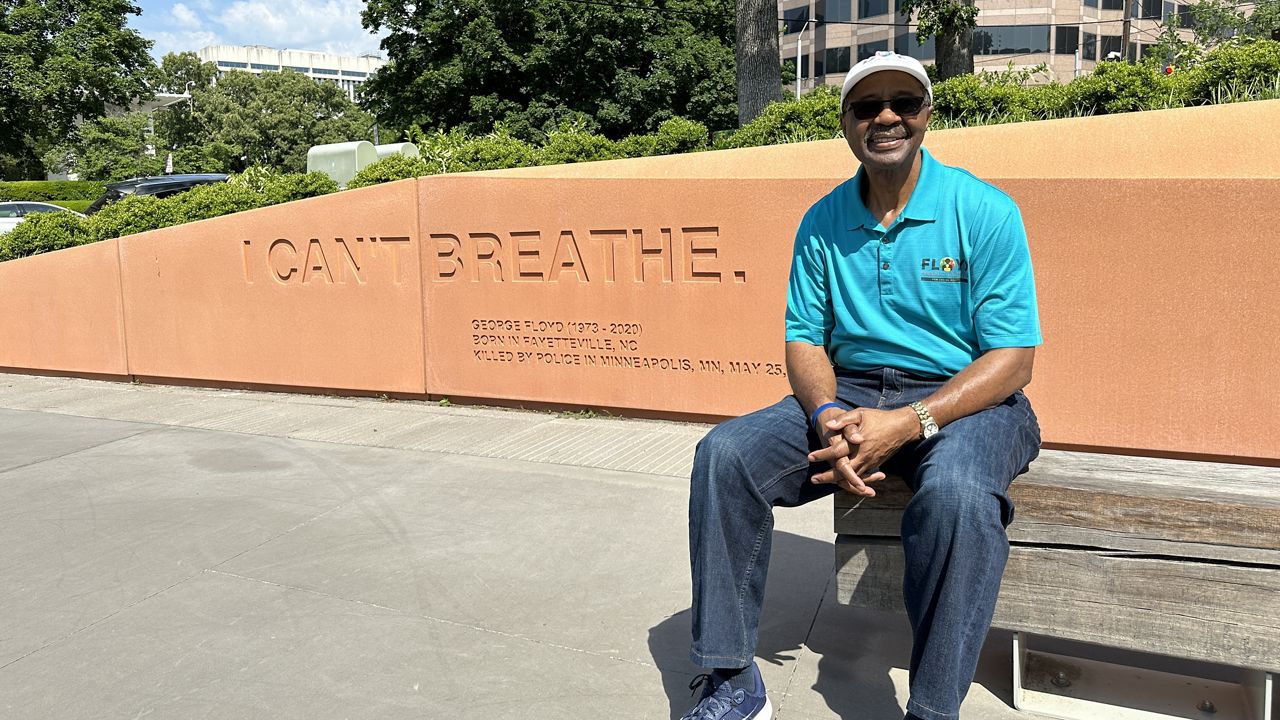
)